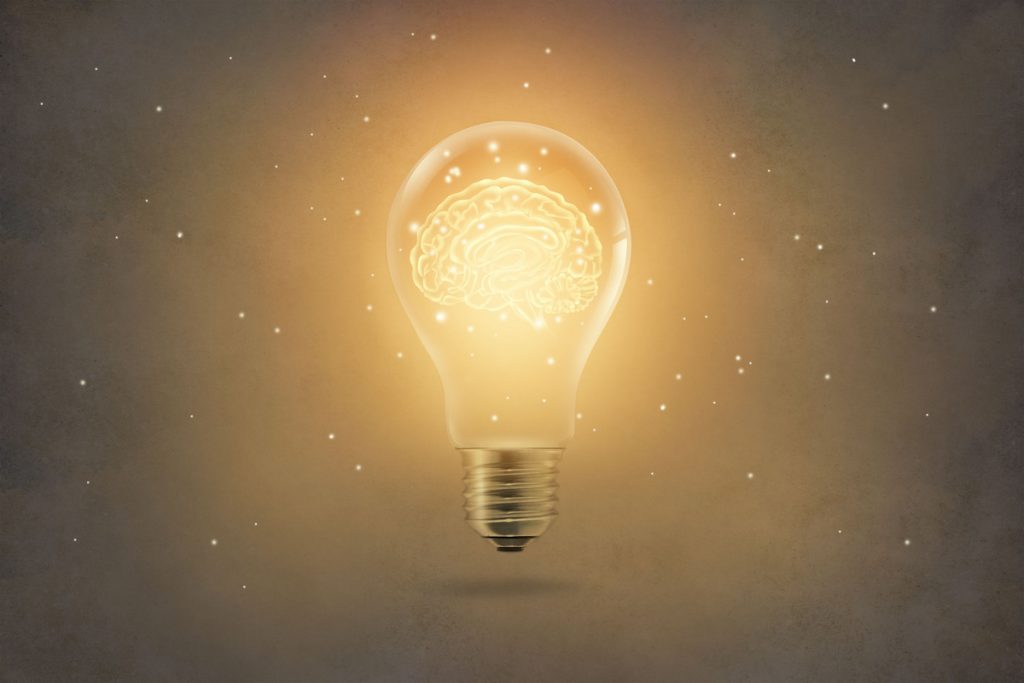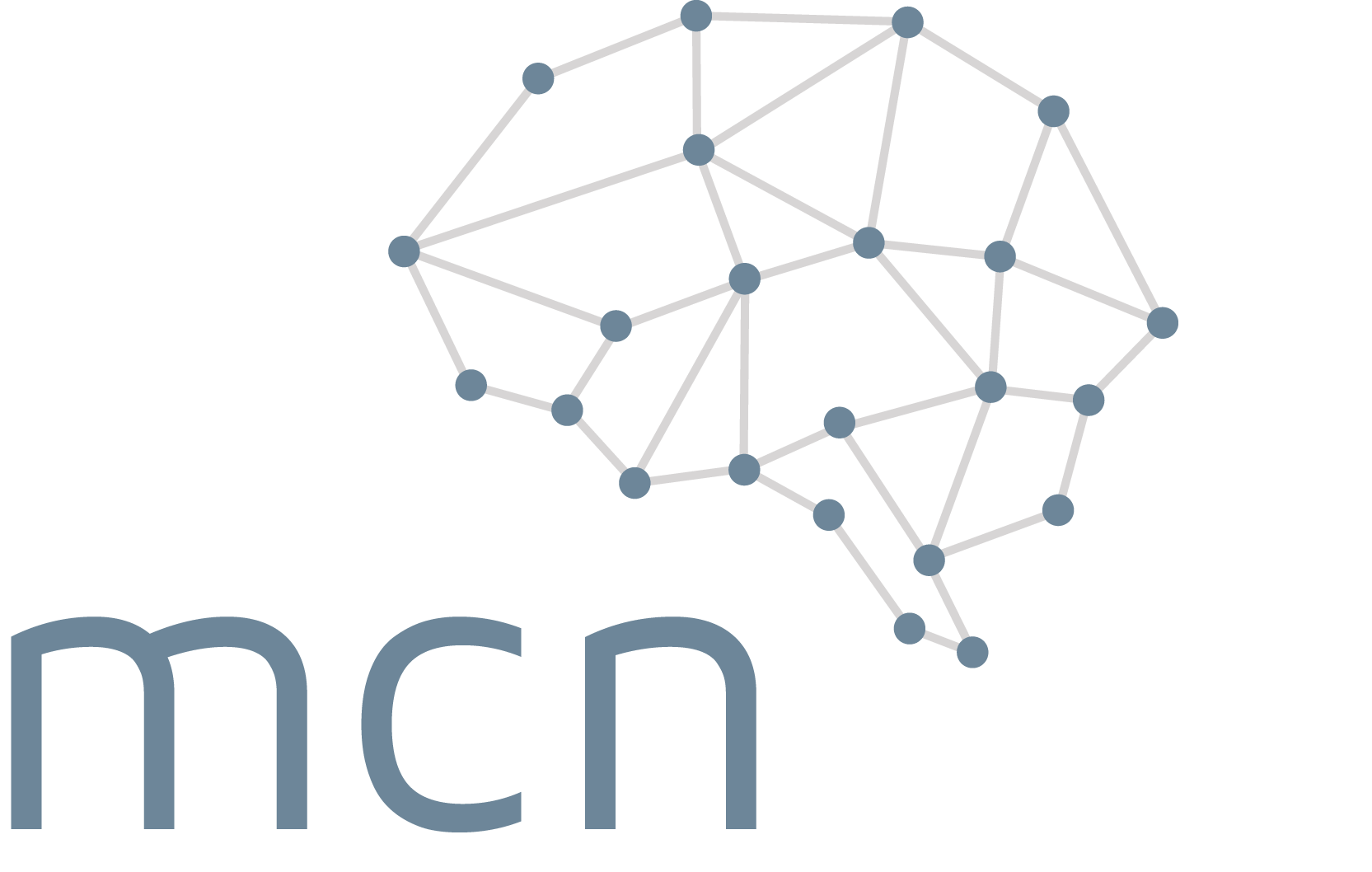Circadian Cognitive Neuroscience

Artificial light in the evening, particularly when blue-enriched and peaking in the short wavelength spectrum at approx. 465nm, is known to interfere with neuroendocrinological processes that normally prepare the human body for sleep, such as the secretion of melatonin. Thereby, it can acutely increase alertness and also negatively affect subsequent sleep. While this is quite well-established, it is still unknown whether artificial light also alters fundamental cognitive processes such as sensory processing. This project therefore seeks to investigate the acute and delayed effects of pre-sleep light exposure on predictive coding during wakefulness and sleep, respectively. Predictive coding is a fundamental principle of sensory processing and assumes that the brain uses internal models of the world to predict forthcoming events (e.g. in language comprehension).
To this end, we study sensory processing of auditory stimuli during wakefulness and sleep, using polysomnography, which includes electroencephalography (EEG), electromyography (EMG), and electrooculography (EOG). Acoustic stimulation is combined with exposure to so-called metameric light sources in the evening. Finally, we use state-of-the-art EEG analysis methods to study predictive coding, measure melatonin to assess the neuroendocrine effects of light exposure, and employ behavioural measures to investigate its effects on alertness.
Members
Study assistants: Patricia Egli, Corinna Hofer, Renata Jurcevic, Melina Koller, Daniela Lindegger, Marlene Schmidt, Natascha Stoffel
Collaborations
Dr. Tristan Bekinschtein & Maria Niedernhuber, University of Cambridge, UK.
Funding
Christine Blume holds an Erwin-Schroedinger-Fellowship from the Austrian Science Fund (FWF; J-4243 “Effects of Evening Light Exposure on Stimulus Processing during Wakefulness and Sleep”). Additionally, the project is funded by the Novartis Foundation for Biological-Medical Research, the Psychiatric Hospital of the University of Basel, and the Freiwillige Akademische Gesellschaft Basel.

